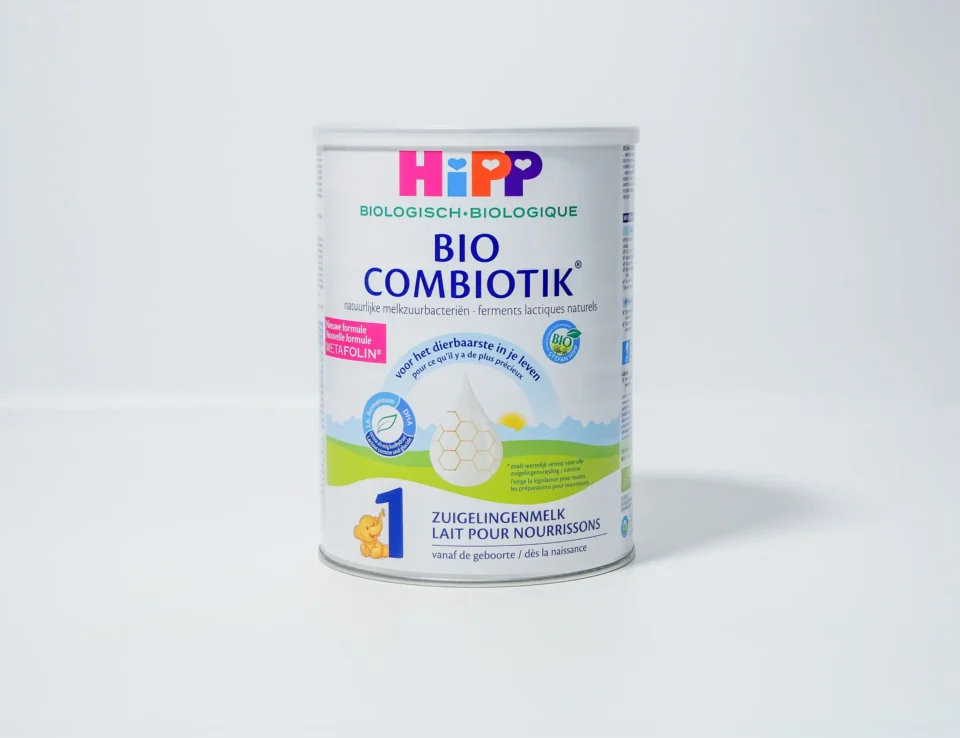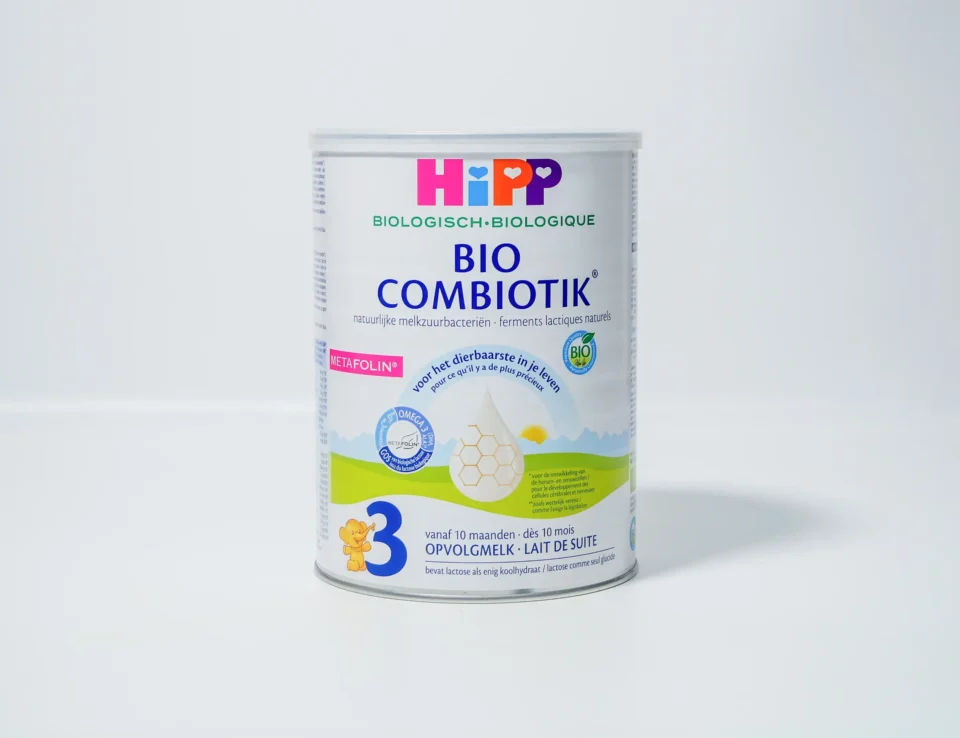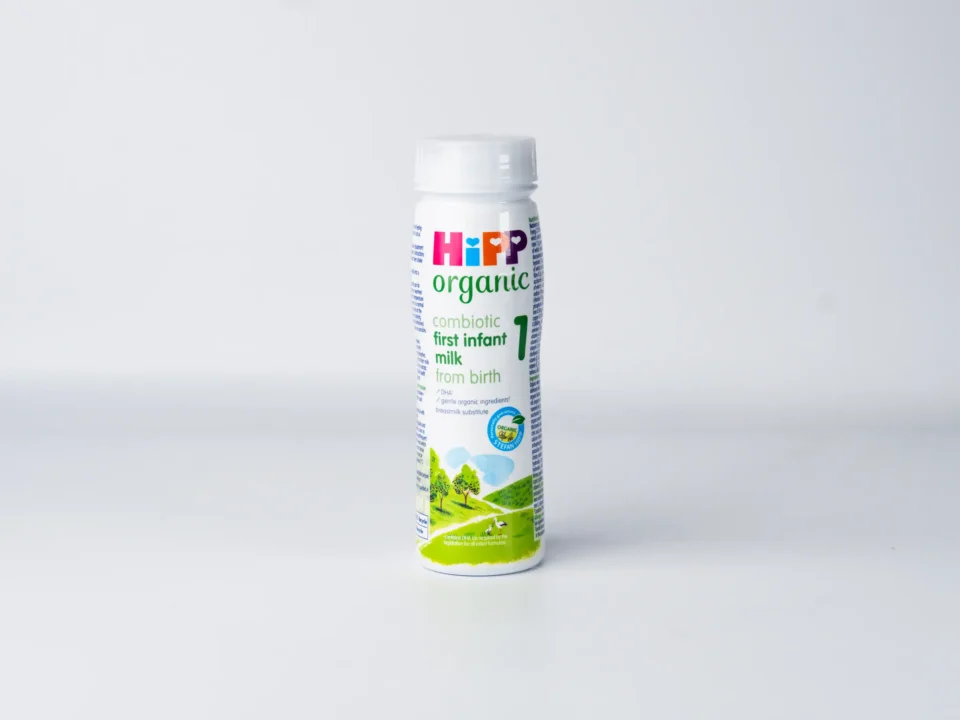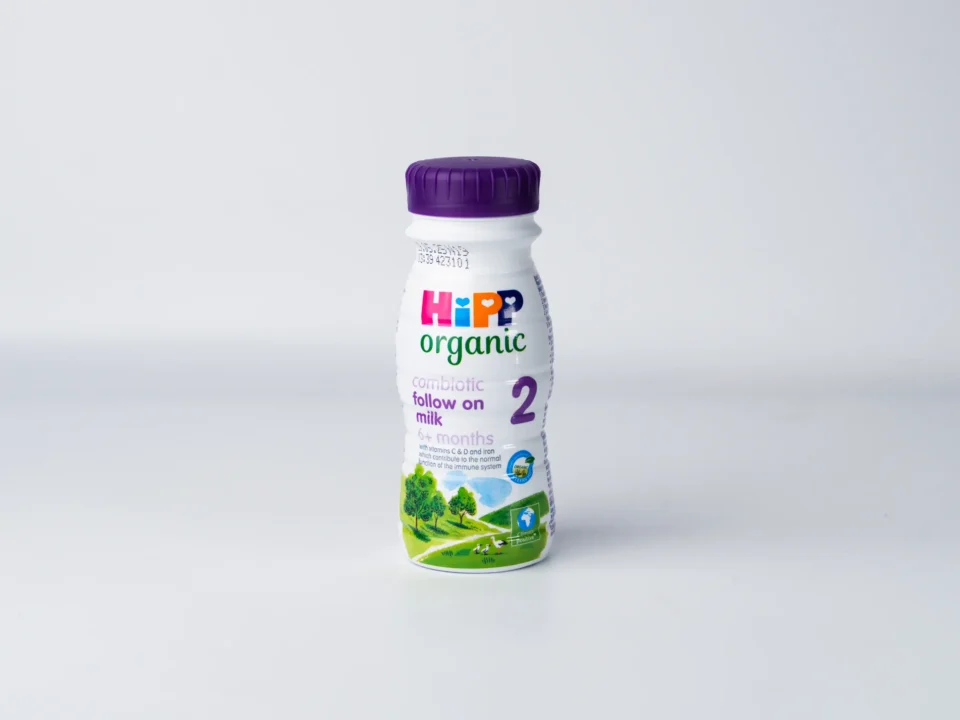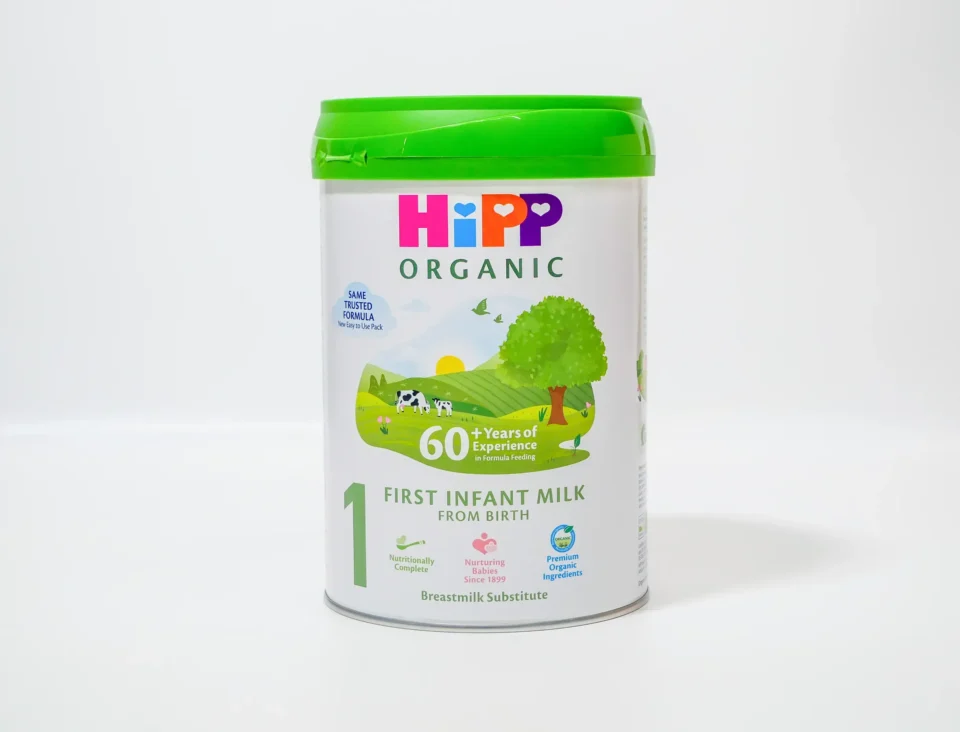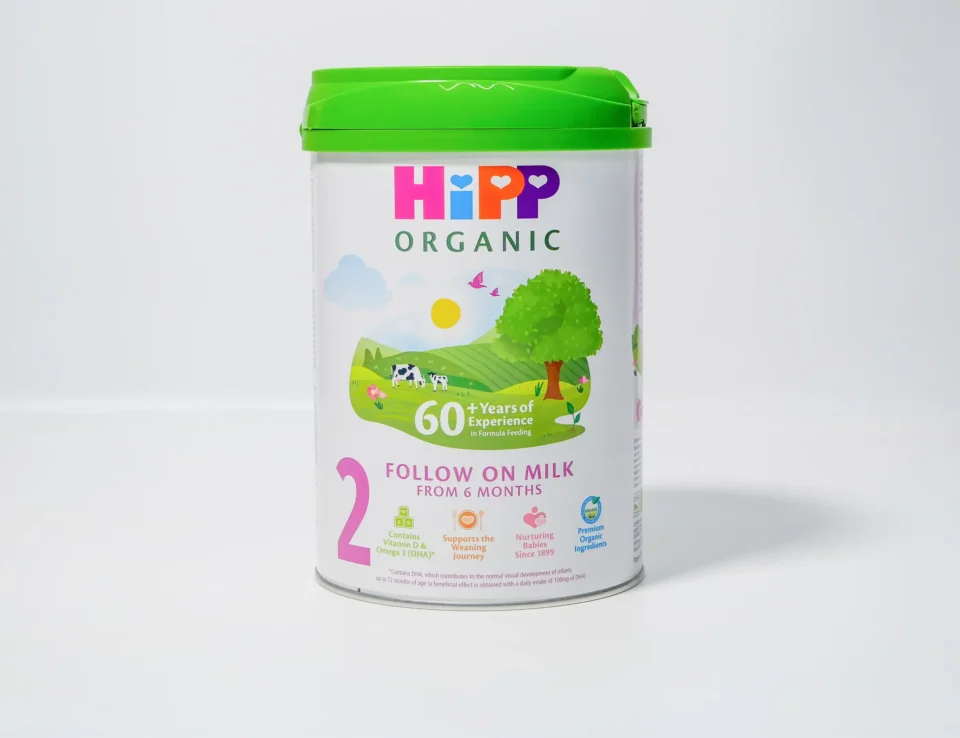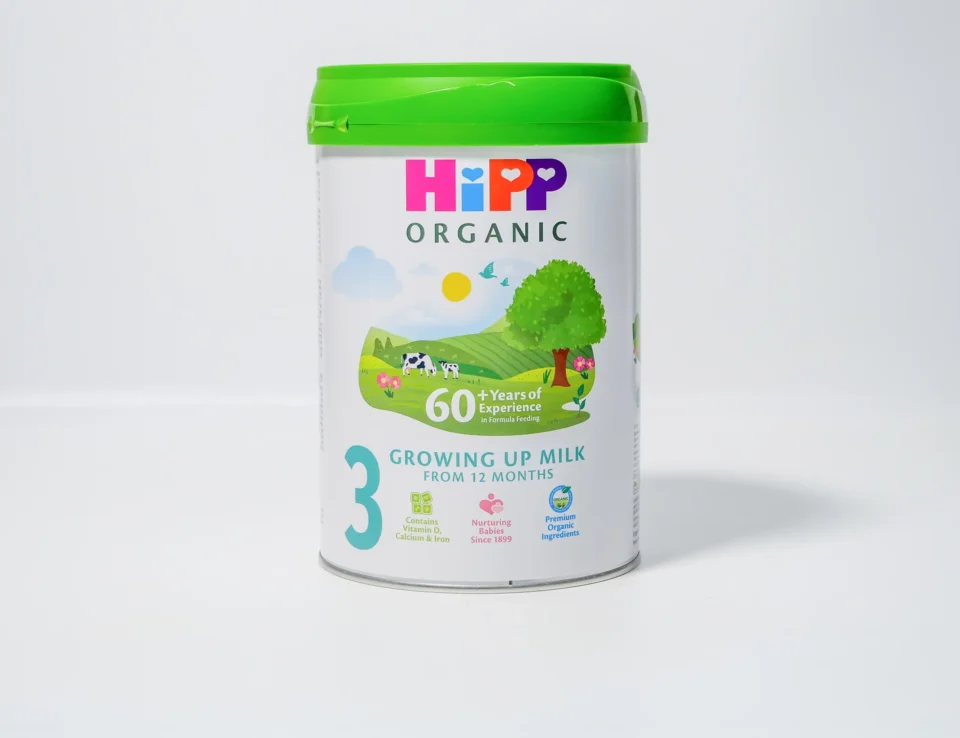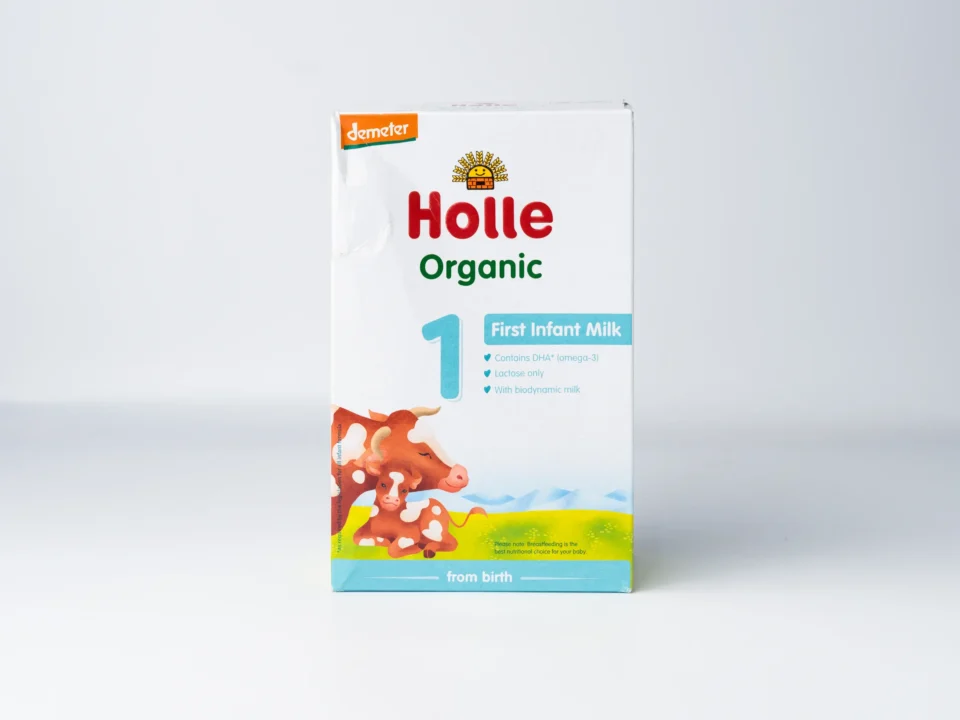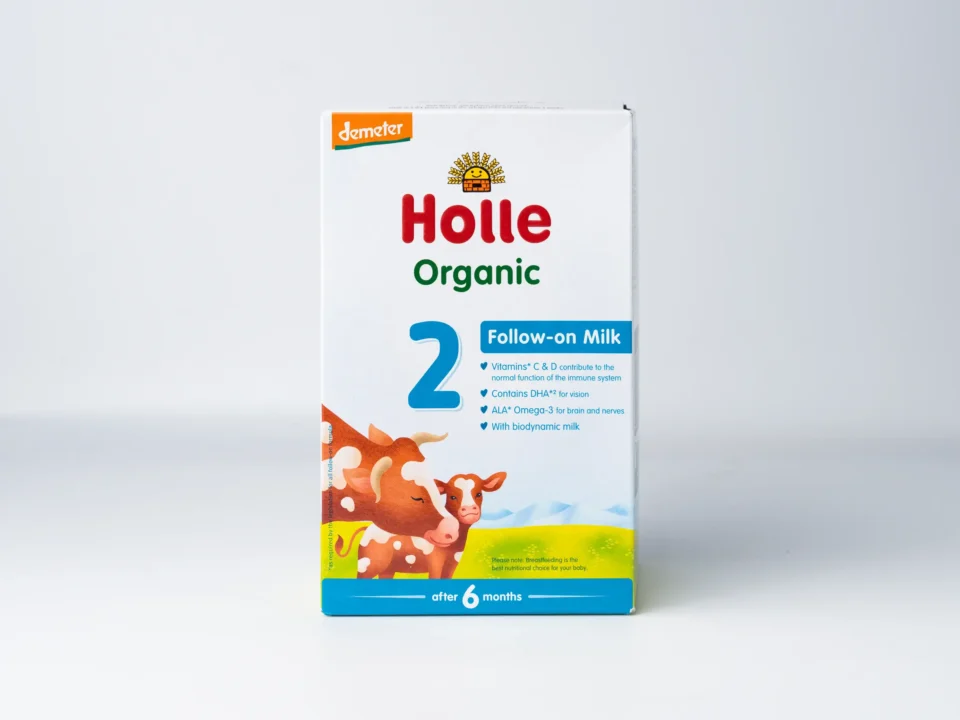Shop All Baby Formula
Browse our selection of European baby formulas recognised for their quality and strict standards.
Brands:
Categories:
Stages:
Filter
Brands:
Categories:
Stages:
Why European Formula?
Strict Regulation
Safe, nutritious, and free from harmful additives.
Long Shelf Life
Guaranteed shelf life of at least six months.
Quality Products
Free from chemicals, GMOs, and harmful ingredients.
Organic Formula
Closest to Breastmilk

Breast milk is undeniably the gold standard when it comes to infant nutrition, offering a perfect blend of essential nutrients that support your baby’s growth and development.
However, there are times when breastfeeding may not be possible, whether due to challenges with milk production or certain health conditions.
In these situations, high-quality European formulas like HiPP, Holle and Kendamil become invaluable alternatives.
These organic formulas are carefully crafted with ingredients that meet strict regulations, ensuring they’re easy to digest and provide all the necessary nutrients for your baby’s well-being.
Baby Formula Stages
Stage 1
Designed for newborns, this formula is a breastfeeding alternative, providing essential nutrients through protein sourced from either cow’s or goat’s milk. It offers a balanced start to meet the nutritional needs of your baby during their early months.
Stage 2
Ideal for babies who are at least six months old, Stage 2 formulas have been developed with extra calories to support the increased energy requirements of your growing child. They typically contain higher levels of iron to aid development during this crucial stage of growth.
Stage 3
Best suited for babies over 10 months, Stage 3 formulas are enhanced with added iron, vitamins, and calcium to assist in your baby’s development as they approach toddlerhood. The age recommendations may vary slightly depending on the brand.
Stage 4
Tailored for toddlers aged one year and older, Stage 4 formula contains higher levels of calories, fats, and proteins to complement their more varied diet and provide balanced nutrition as they transition to solid foods.
Frequently Asked Questions
View allCan I warm up formula before feeding?
Yes, but never microwave formula as it can create hot spots. Instead, warm it by placing the bottle in a bowl of warm water for a few minutes or using a bottle warmer. Always test the temperature on your wrist before feeding.
Why do some formulas contain probiotics and prebiotics?
Probiotics (beneficial bacteria) and prebiotics (fibers that nourish probiotics) support gut health and can help reduce colic, gas, and constipation. European brands like HiPP include them naturally to mimic breastmilk’s benefits.
How long can prepared formula sit out?
- Room temperature: Use within 2 hours of preparation.
- Refrigerated: Use within 24 hours if stored in a sealed bottle.
- Room temperature: Use within 2 hours of preparation.Room temperature: Use within 2 hours of preparation.
Can I combine breastfeeding with formula feeding?
Yes! Many parents choose combo feeding for flexibility. To maintain breastmilk supply, offer the breast first, then supplement with formula if needed. If transitioning to formula, introduce it gradually to help your baby adjust.
Can I switch between different European formula brands?
Yes, but gradual transitions are recommended. If your baby is adjusting well to their current formula but you want to switch brands, introduce the new formula slowly over several days. This helps prevent digestive upset and allows your baby’s system to adjust.
How do I prepare European formula?
Each European brand may have slightly different preparation instructions, but general guidelines include:
- Boiling water to ensure it’s free from contaminants
- Letting the water cool to approximately 40°C (104°F) to prevent nutrient loss before giving it to your baby
- Measuring the correct ratio of formula powder to water (check brand-specific instructions)
- Shaking well to ensure proper mixing and avoid clumps
- Using freshly prepared formula and avoiding storage beyond the recommended time frame
Always refer to the brand’s preparation instructions for the most accurate guidance.
Can European formulas help with colic, reflux, or digestive issues?
Many parents find that European formulas, particularly goat milk-based options or those with added probiotics, help soothe colic, gas, and reflux. Brands like HiPP Comfort and HiPP Anti-Reflux are specifically formulated for babies with digestive sensitivities, containing partially hydrolyzed proteins and prebiotics to aid digestion. Goat milk formulas, such as Nannycare, also contain naturally easier-to-digest proteins and fats.
What is the difference between European cow milk and goat milk formulas?
European cow milk formulas are made from high-quality dairy, often sourced from grass-fed cows following organic or biodynamic farming practices.
Goat milk formulas, such as Nannycare and Holle Goat, contain smaller fat molecules and different protein structures, making them easier to digest for babies who experience mild sensitivities to cow’s milk. Goat milk also contains less lactose and Alpha S2 Casein, which is closer in structure to human breastmilk.
Are European formulas organic?
Many European baby formulas are certified organic, meaning they follow strict EU organic farming standards. Brands like Holle, HiPP, and Kendamil Organic use ingredients that are free from pesticides, synthetic fertilizers, and artificial preservatives. Some formulas, such as Holle, also carry the Demeter certification, which is one of the highest organic farming standards in the world.
What makes European formulas safer?
The European Commission enforces some of the world’s most rigorous standards for baby formula, ensuring that every product meets strict guidelines for nutritional content, ingredient safety, and purity. Unlike some U.S. formulas, European brands must adhere to specific DHA and ARA levels, prohibit certain sweeteners like corn syrup, and prioritise organic and biodynamic farming methods. These regulations ensure a higher standard of infant nutrition.
Why choose European baby formula over U.S. formula?
European baby formulas are known for their stricter regulations, higher-quality ingredients, and commitment to organic farming. The EU has stricter guidelines on what can and cannot be included in infant formula, ensuring cleaner, more natural ingredients without artificial additives, GMOs, or added sugars. Additionally, many European formulas are made with whole milk instead of skim milk, providing naturally occurring fats that support brain development.
